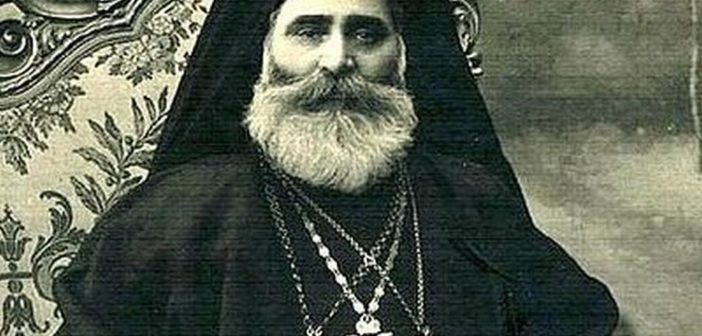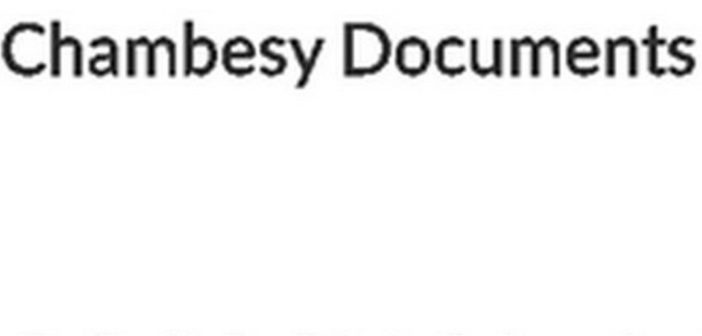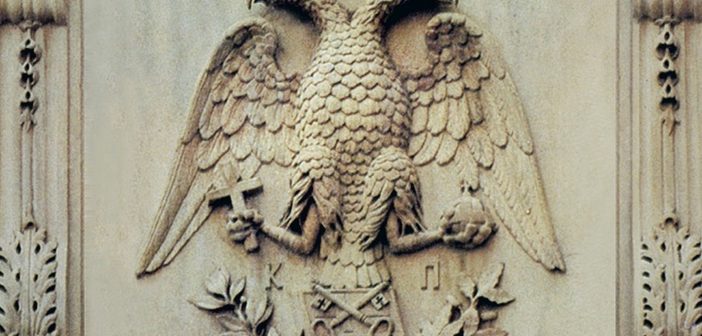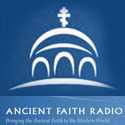Source: Public Orthodoxy by Matthew Namee | български | ქართული | ελληνικά | Română | Русский | Српски One of the keystone prerogatives claimed by the Ecumenical Patriarchate is its jurisdiction over the so-called “diaspora”—regions not included within the geographic boundaries of the other Autocephalous Churches. She insists that this exclusive extraterritorial jurisdiction is rooted in Canon 28 of Chalcedon which states: [O]nly the metropolitans of the Pontian, Asian, and Thracian dioceses, as well as the bishops of the aforementioned dioceses among barbarians are ordained by the aforementioned most holy throne of the most Holy Church of Constantinople. This phrase—“the bishops of the aforementioned dioceses among barbarians”—is interpreted by supporters of the EP’s…
Browsing: Ecclesiology
Source: Orthodox Christian Laity The Decision of The Fourth Pre-Conciliar Pan-Orthodox Conference in June 2009 affirmed: “…that it is the common will of all of the most-holy Orthodox Churches that the problem of the Orthodox Diaspora be resolved as quickly as possible, and that it be organized in accordance with Orthodox ecclesiology, and the canonical tradition and practice of the Orthodox Church…The work and the responsibility of these Episcopal Assemblies will be the concern for manifesting the unity of Orthodoxy, the development of common action of all the Orthodox of each region to address the pastoral needs of Orthodox living…
Source: Orthodox Synaxis The recent letter of Patriarch Bartholomew to Archbishop Anastasios of Albania is a remarkably revealing document, not only for its candid expression of the Patriarchate of Constantinople’s ecclesiology, but also for the insight it gives into the patriarchate’s internal discourse and the historical touchstones of its self-understanding. It is striking that most of the examples and quotations that the letter cites to illustrate the “Throne of Constantine[‘s …] universally recognized hallowed and dread responsibilities that transcend borders” date from the Ottoman period, to a degree that one might be tempted to suggest that the “Throne of Mehmet” might be…
Source: Orthodoxy and Heterodoxy by Seraphim Danckaert Orthodox Christians often find themselves answering the following question: why is Orthodoxy divided along ethnic lines into different churches? At least officially, the answer to that question has been quite clear: we are not divided; we are one Church, united in faith and worship, with an administrative structure that organizes itself along local lines, in accordance with the ancient traditions and canon law of the first millennium of Christian history. In recent years, however, there’s been a problem: while the answer given above is true in theory, it’s often not implemented in practice.…
Source: Holy Trinity Cathedral, San Franciso CA by Archbishop Gregory (Afonsky) The Russian canonical school of the 19th and 20th centuries studied the question of the Patriarch of Constantinople’s canonical status in the Orthodox Church with care and diligence. For the most part books and monographs on the subject were well-disposed, explaining the Patriarch of Constantinople’s exceptionally high position in the Church both during the Byzantine and Turkish periods as a result of particular historical circumstances. During the Byzantine era the Patriarch of Constantinople, as the hierarch of the imperial capital and bishop of New Rome, received not only the…
Source: Ancient Faith Radio Bobby Maddex interviews Dr. Paul Meyendorff, the Alexander Schmemann Professor of Liturgical Theology and the editor of the St. Vladimir’s Theological Quarterly journal, about a 2012 conference on Orthodox ecclesiology and nationalism that took place at the Volos Academy for Theological Studies, the papers from which have just been published in St. Vladimir’s Theological Quarterly. Direct link Play in Popup Download Transcript Mr. Bobby Maddex: Welcome to Voices from St. Vladimir’s Seminary. I’m Bobby Maddex, Operations Manager of Ancient Faith Radio, and today I will be your host. Joining me is Dr. Paul Meyendorff, the Alexander…
Keynote Address by Bishop Maxim (Vasiljevic) of the Western American Diocese of the Serbian Orthodox Church in North and South America at OCL’s 25th Anniversary Celebration, Washington DC – October 27, 2012 I take this paper as an opportunity to clarify the question of ecclesiology of community, which can provide more tangible unity in the Orthodox Church in North America. But before I begin, I must take a moment to express my gratitude to the OCL for inviting me and for its energetic input into the progress of Orthodoxy in this land. It is my belief that only an organic…






